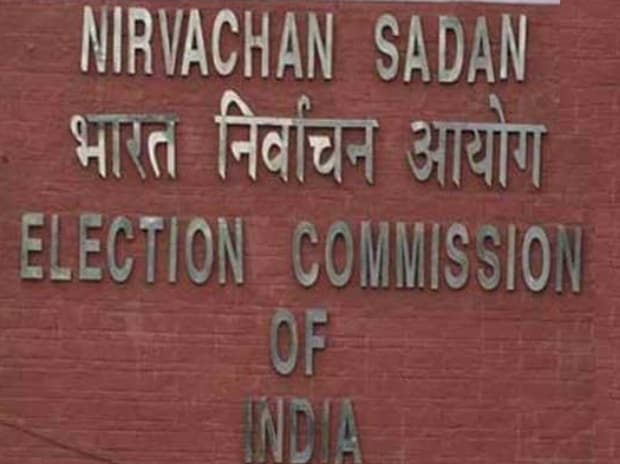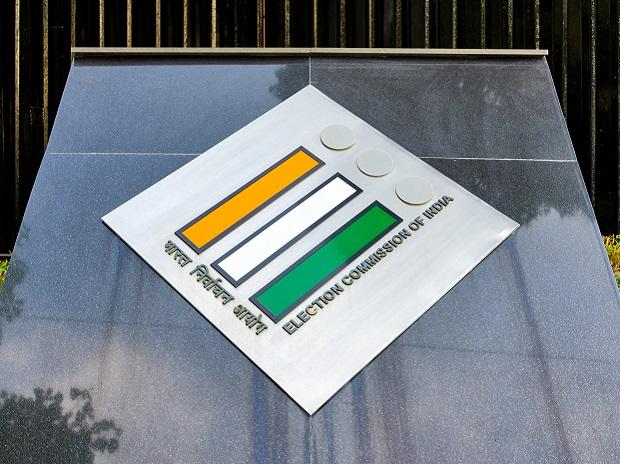Powers and responsibilities
The Commission’s functions and powers with respect to elections are divided into three categories (Administrative, Advisory, and Quasi-judicial). In detail, these powers include
1) Determining the Electoral Constituencies’ territorial areas throughout the country.
2) Preparing and periodically revising electoral rolls and registering all eligible voters.
3) Notifying the schedules and dates of elections and scrutinising nomination papers.
4) Granting recognition to the various political parties and allocating them election symbols.
5) The Commission also has advisory jurisdiction in the matter of post-election disqualification of sitting members of Parliament and State Legislatures.
6) It issues the Model Code of Conduct in elections for political parties and candidates so that no one indulges in unfair practice or there is no arbitrary abuse of powers by those in power.
Composition of Election Commission
Since its inception in 1950, the election commission had been a one-member body with only the Chief Election Commissioner (CEC) as its sole member. Later, two more election commissioners were appointed to the body and the Election Commission became a multi-member body with 3 election commissioners. The President appoints the Chief Election Commissioner and other election commissioners. The tenure of office and the conditions of service of all the commissioners is determined by the President. The chief and the two other election commissioners have the same powers and emoluments including salaries, which are the same as a Supreme Court judge. In case of a difference of opinion amongst the three members, the matter is decided by the Commission by a majority.
Article 324
Article 324 of The Constitution of India mentions the provisions to safeguard and ensure the independent and impartial functioning of the Election Commission.
The chief election commissioner is provided with security of tenure. He cannot be removed from his office except in the same manner and on the same grounds as a judge of the Supreme Court. In other words, he can be removed by the President on the basis of a resolution passed to that effect by both the Houses of Parliament with a special majority, either on the ground of proved misbehaviour or incapacity. Any other election commissioner or a regional commissioner cannot be removed from office except on the recommendation of the chief election commissioner.

 Young voters are future of Indian democracy, says CEC Rajiv Kumar
Young voters are future of Indian democracy, says CEC Rajiv Kumar
 CEC flags threat from deep fake narratives to elections worldwide
CEC flags threat from deep fake narratives to elections worldwide
 EC to host global conference on 'Use of Technology and Elections Integrity'
EC to host global conference on 'Use of Technology and Elections Integrity'
 NE Assembly elections: ECI appoints observers to monitor poll process
NE Assembly elections: ECI appoints observers to monitor poll process
 Machines for migrants
Machines for migrants
 Assembly polls in Tripura on Feb 16; in Nagaland, Meghalaya on Feb 27: ECI
Assembly polls in Tripura on Feb 16; in Nagaland, Meghalaya on Feb 27: ECI
 ECI to announce poll schedule for Nagaland, Meghalaya, Tripura today
ECI to announce poll schedule for Nagaland, Meghalaya, Tripura today
 Assembly polls: Schedule to be announced in three NE states by Thursday
Assembly polls: Schedule to be announced in three NE states by Thursday
 Linking voter ID to Aadhaar not compulsory, Kiren Rijiju tells Lok Sabha
Linking voter ID to Aadhaar not compulsory, Kiren Rijiju tells Lok Sabha
 TMC delegation to visit EC over RP Act 'violation' in Gokhale's arrest
TMC delegation to visit EC over RP Act 'violation' in Gokhale's arrest
